The art/science of cooking is so very vast. My commendation is to first decide what kinds of food you enjoy the most, and that sound doable. The first thing I learned to cook was pancakes, from a mix. Then came fried and boiled eggs, and scrambled eggs. After that was bacon ans sausage. I had the advantage of watching my parents cook. I just paid attention to what they were doing, and tried to duplicate it.
After those first items, it was pure experimentation. I dredged canned sardines in flour one time, and fried them in butter. No one else was home. They tasted great to me. My Mon stated that I stunk up the house, and not to do that again

. I was hungry for a pork chop one day, and heated up a frying pan with a little butter in the pan. I sprinkled the meat on both sides with salt and pepper, and cooked until lightly browned on each side. I then added 2 tbs. Sherry wine to the pan, covered it with a lid, and cooked for three more minutes. The pork chop came out perfect. But I really was just making an educated guess as to what I was doing. All of these things were done by the age of twelve.
For me, the secret to cooking is understanding the transformation of ingredients when heat is applied. There are so many different methods that it can seem very daunting. A great dish start with might just be a stew, as it involves a couple of cooking methods, none of them difficult.
Here is a pretty good stew recipe, with instructions for every part.
Beef Stew
Ingredients:
1 large russet potato
2 carrots
1 yellow onion
1 lb, chuck steak
1/4 tsp. granulated garlic
1/2 tsp. salt
1 tsp. ground black pepper
1 tbs. tomato paste (optional)
1/2 cup frozen sweet peas
3 tbs. real butter
3 tbs. all-purpose flour
2 tbs. cooking oil
You will need a dutch oven, or soup pot, with a tight fitting lid, tongs, and a slotted spoon, a large bowl, a sharp, wide knife (chef's knife), and a vegetable peeler. Additionally, have a heat resistant cup, with a handle available, or a soup ladle, for dipping into boiling broth. You will aa;s need to layout all of your ingredients, including pre-measuring your seasonings into a small, clean bowl. This is called Mise En Place
1. Half fill the bowl with 2 cups of cold water.
2. Wash, them peel the potato. Cut into 1 inch cubes. Place into the water-filled bowl and set aside.
3, Wash and peel the carrots. Cut the very ends off and discard. Cut the carrots into 1/4 inch thick coins ans add to the potato pieces.
4. Make a very shallow slice from the top to the bottom of the onion. Cut off the bud (stem) end, and peal off the first two layers.Place the onion, flat side down on your cutting board. Slice downward with your chef's knife to alice the onion into three pieces.
5. Separate the pieces, laying then on their side, and again cut into three pieces. Set aside in a clean bowl.
6. Cut the steak off of the bone, and into 1/2 inch cubes. Sprinkle with the slat and pepper.
7. Place your dutch oven, or soup pot onto the stove burner over medium high heat. Add cooking oil and spread it to cover the pan bottom, and a little up the sides.
8. Now, we will perform the first cooking technique, called Saute. A similar style of cooking is called str-fry, but is slightly different. When the oil begins to shimmer, add the meat to the pot. Stir it around with the tongs ervey three minutes or so until browned on all sides.
9. Add the onions, salt, pepper, and garlic and stir for one minute.
10. Drainf the vegetables, and add to the pot. Add enough cold water to cover.
11. Now we are going to simmer the stew. Simmering is a moist heat method of cooking that immerses food in a broth, or water, is brought to a very low boil, just barely bubbling, in a covered pot, and let cook for usually one to several hours, depending on what is being cooked. Turn the heat to medium, and cover. Let cook for 1 hour, stirring every twenty minutes or so.
12. At the end of the hour, remove the pot lid.
13, Now comes a part that es really easy, but that many feel is difficult, making the gravy. There are multiple ways of making gravy. We are going to make a flour-based gravy using a roux. A roux is a combination of equal parts flour and butter, cooked in a skillet over medium heat until the flour cooks enough to lose its raw flavor. roux can be just barely browning, called blonde, to an almost black color, as is often used in Louisiana. We will be making a brown roux. P;ace your skillet, frying pan on the burner over medium-high heat. Add the butter. When the butter has melted, add the flour, with a 1/2 tsp. of slat. Stir continually until the roux turns a rich, brown color.
14, Unless you know what to expect, this nest part will seem a little scary. Using your cup, or ladle, transfer a half cup of the liquid from the dutch oven/soup pot to the pan with the roux, stirring carefully so as not to splash, but vigorously. The roux will become very thick, and pasty. You will think you ruined it. You have not. After all of the liquid is absorbed, add another ladle-full of broth to the pan. Again, stir until all liquid is absorbed. Repeat this process until the roux begins to resemble a gravy.. Transfer all of the roux contents to the dutch oven, and gently stir to mix. If the gravy in your stew is not thick enough, make more roux and repeat the process.
15. Add the tomato paste, and frozen peas to your stew to add more flavor depth. Taste it after stirring. If you like it a little saltier, add a little ore slat. If you want more pepper, add it. Just remember, that you can always add more flavor with seasonings. But once added, they can't be taken out. So add seasonings a little at a time, let them cook in for five to ten minute, then taste again.
I, and many others on DC can teach you techniques, about seasonings, and give recipes for virtually anything you can think of. So don't be a stranger. If you have something you want to learn to make, just ask. :Some of us even have cooking blogs, with recipes, and techniques.
Good luck on your journey into the culinary world. With practice, and a willingness to learn, and listen, and experiment, you will learn much faster than you could believe.
Chief Longwind of the North



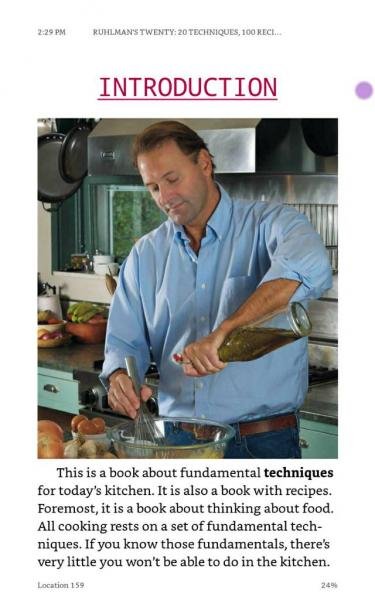
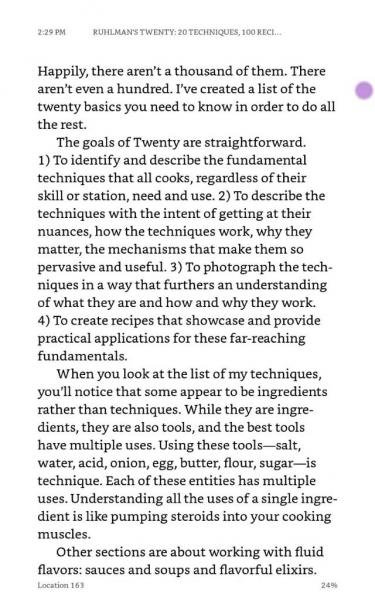
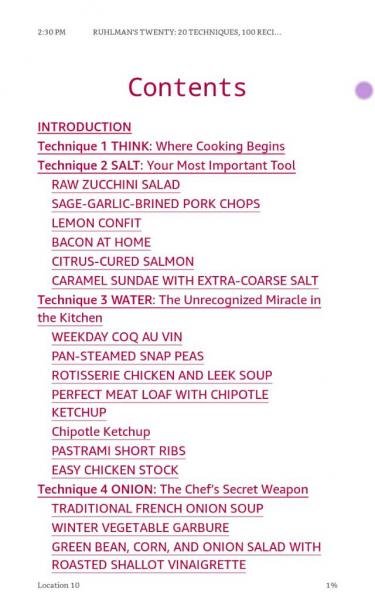
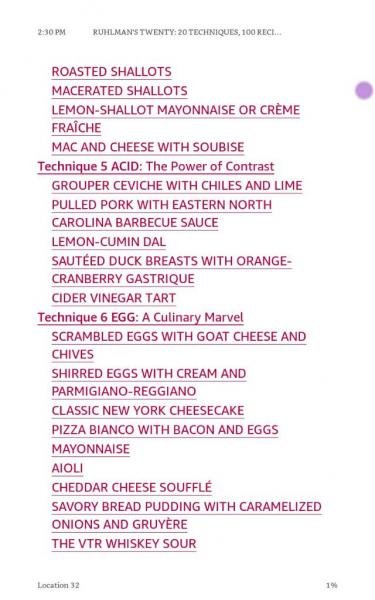
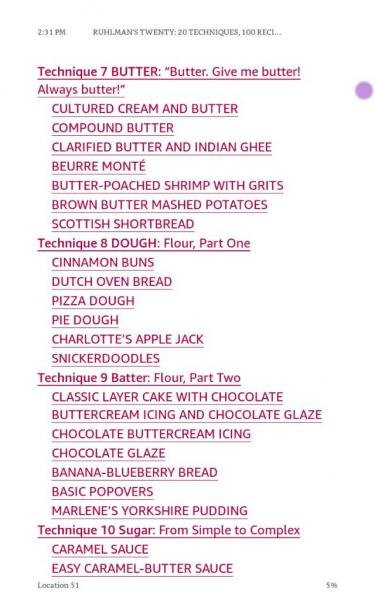
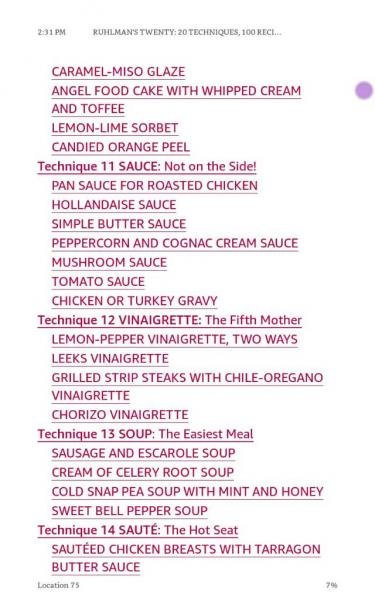
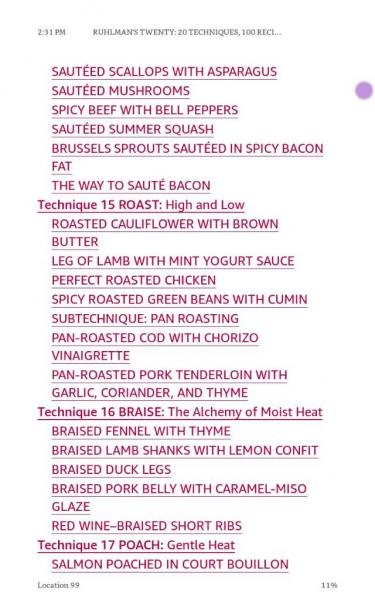
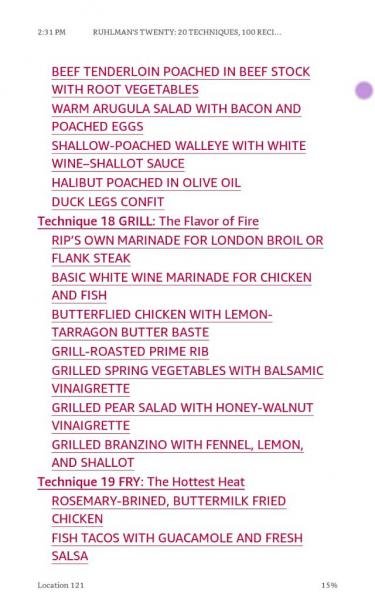
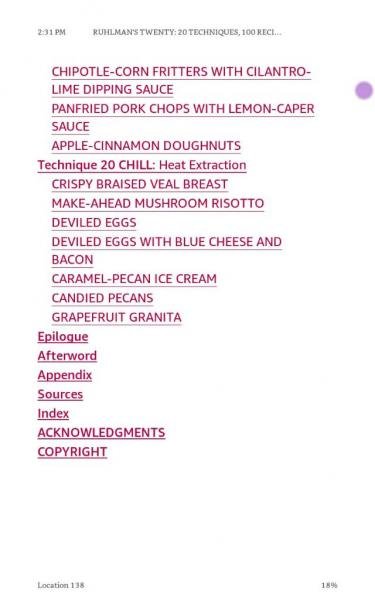
 . I was hungry for a pork chop one day, and heated up a frying pan with a little butter in the pan. I sprinkled the meat on both sides with salt and pepper, and cooked until lightly browned on each side. I then added 2 tbs. Sherry wine to the pan, covered it with a lid, and cooked for three more minutes. The pork chop came out perfect. But I really was just making an educated guess as to what I was doing. All of these things were done by the age of twelve.
. I was hungry for a pork chop one day, and heated up a frying pan with a little butter in the pan. I sprinkled the meat on both sides with salt and pepper, and cooked until lightly browned on each side. I then added 2 tbs. Sherry wine to the pan, covered it with a lid, and cooked for three more minutes. The pork chop came out perfect. But I really was just making an educated guess as to what I was doing. All of these things were done by the age of twelve.
